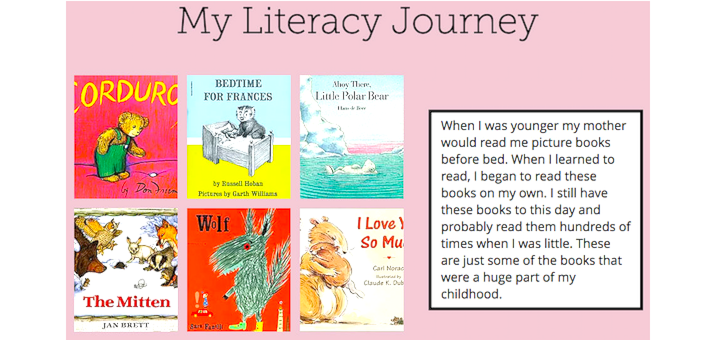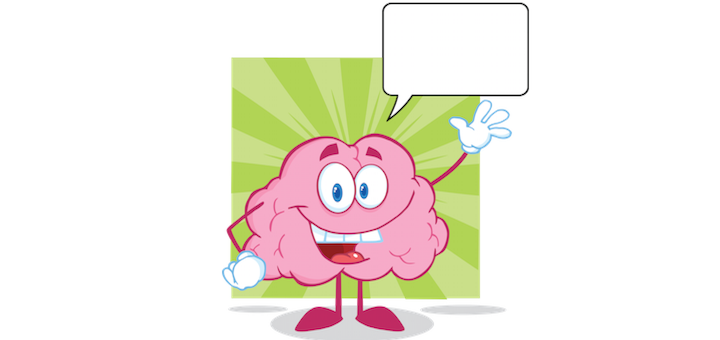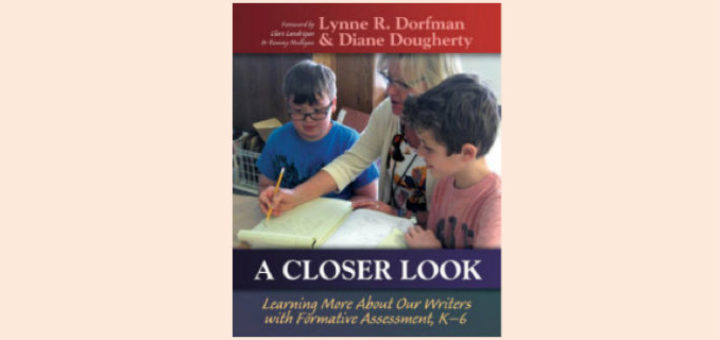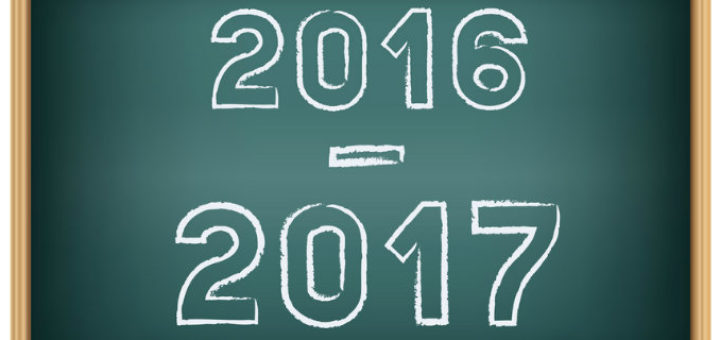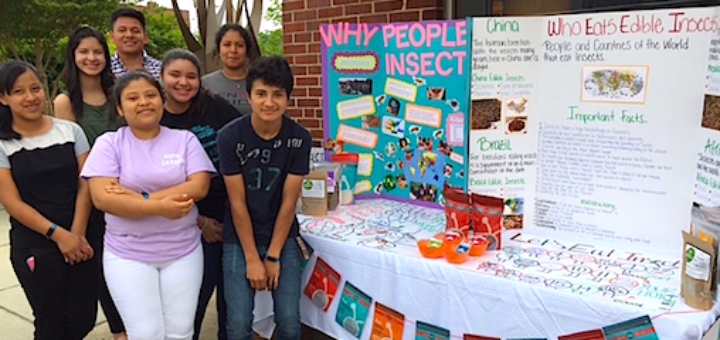Tagged: formative assessment
Teaming with her adjunct class of preservice ELA teachers, NBCT Amber Chandler develops the “Literacy Journey” – a multi-literacies activity that can create more awareness and insight among herself and her students, leading to a connected classroom community each fall.
Barbara Blackburn strongly believes that if we are going to truly support students to higher levels, we must continually assess their learning and use that information to plan our future instruction. She offers eight formative assessment ideas that are easy to integrate.
A Closer Look: Learning More About Our Writers with Formative Assessment (K-6) provides insight into an area often glossed over during writing instruction. Teacher turned teacher educator Benjamin Boche reports novices and veterans can deepen their workshop practice.
As new teachers develop routines for their classrooms, Class Tech Tips founder Monica Burns says it’s important to plan how they will check for understanding each day to gather information and inform future instruction. She shares three simple class assessment tools.
Challenging Learning Through Feedback is an inspiring book that links feedback to a strong, ongoing classroom assessment process. Thanks to the authors, says teacher-librarian Rita Platt, the quality of her own formative assessments and feedback has improved.
Sheryn Spencer Waterman shows the way to make the evaluation as well as the curriculum fit the learner. Middle school teacher Joanne Bell finds the author’s fully developed discussion of differentiated formative assessments helpful for social studies and English.
With her classroom door closed for summer, Michelle Russell looks back at the goals she set 9 months ago: to know her students in a meaningful way, to use formative assessment effectively, and to bring more joy to her classes. She shares her successes and some fails.
“Since many students are in my class multiple times,” writes ELL teacher Wendi Pillars, “I’m always seeking new topics to tie literacy skills together.” This year one theme was “Zero Hunger” through sustainable agriculture. A perfect hook for a unit on eating insects.
Rigor is more than what you teach. It’s how you teach and how students show you they understand. After dispelling widely held myths about rigor in the classroom, author Barbara Blackburn describes a standards-friendly environment that supports rigorous learning and student success.
The authors’ step-by-step formative assessment approach, along with a wealth of detailed resources, gives teachers and administrators the tools to implement a system of shared assessments with the power to transform a school. Erik Kreutner has just one reservation.

